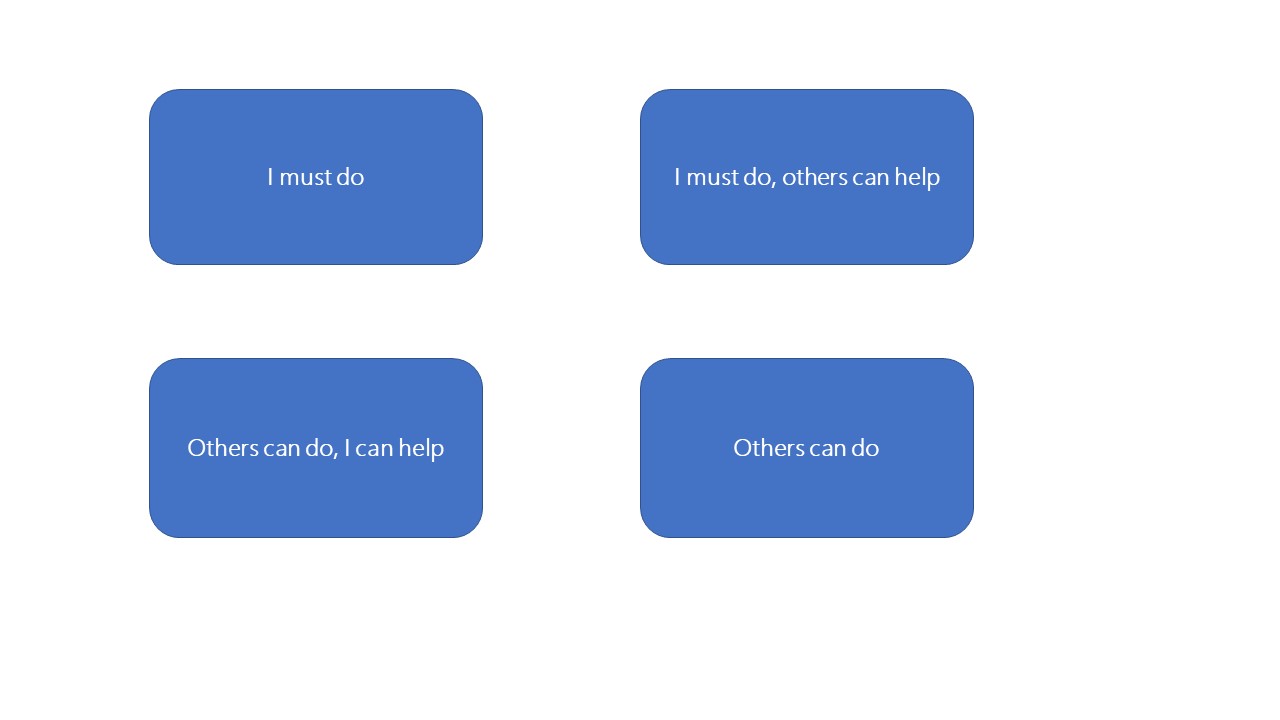A team won’t always begin fully formed, functional and able to work effectively as a unit.
Managers need to understand that there are phases to building a team and how to manage each phase.
Team Effectiveness
There are several factors which influence a team’s effectiveness. Understanding the stages teams go through is a valuable insight for managers, especially for those new into the role. Our Introduction to Management course examines psychologist Bruce Tuckman’s theory on stages of team development. More importantly, it explains what a manager can do to enhance productivity, efficiency and ultimately profitability of their team – and how to get there faster.
Tuckman suggested teams go through five clearly defined stages, “Forming”, “Storming”, “Norming”, “Performing” and finally “Mourning/Adjourning”. Let’s look at these in more detail, how you can recognise each stage and what you can do during each one to assist your team.
Forming
In the beginning, when a new team forms, individuals may be unsure of the team’s purpose, how they fit in, and whether they’ll work well with one another. They may be anxious, curious, or excited to get going. However they feel, they’ll be looking to the team leader for direction. This may take some time, as people get to know their new colleagues and one another’s ways of working.
During this stage a manager may need to be more directive, should give clear roles, be positive and praise.
Storming
People start to push against the boundaries. Conflict or friction can also arise between team members as their true characters and their preferred ways of working surface and clash with other people’s. At this stage team members may challenge your authority or management style, or even the team’s mission. Left unchecked, this can lead to face-to-face confrontations or simmering tensions.
During this stage a manager will need to be assertive and clear in their communication, they will need to actively manage any conflict and also look after themselves.
Norming
People start to resolve their differences, appreciate one another’s strengths, and respect your authority as a leader. Now that they know one another better, your team members will feel more comfortable asking for help and offering constructive feedback. They’ll share a stronger commitment to the team’s goals, and they should make good progress towards it.
At this stage a manager can take a step back, start to delegate more and provide any support.
Performing
Consensus and cooperation have been well-established, and the team is mature, organised, and well-functioning. There is a clear and stable structure, and members are committed to the team’s mission. Problems and conflicts are dealt with constructively. The team is focused on problem solving and meeting team goals.
At this point managers can begin to let the team lead themselves and direct their own focus towards individuals and strategic thinking.
Mourning/Adjourning
Many teams reach this stage naturally. For example, projects come to an end, or permanent teams are disbanded, and people redeployed. People who like routine, or who have developed close working relationships with colleagues, may find this time difficult.
A manager at this point must acknowledge this stage and also celebrate group and individual successes and contributions.
Summary
It is useful to know that teams may go back and forth in stages, if a new member joins the team they may return to the forming stage, if your business changes direction you may need to help the team return to the performing stage. However, knowledge is power, so an understanding of this theory is particularly beneficial for those leading any team.








 I must do
I must do